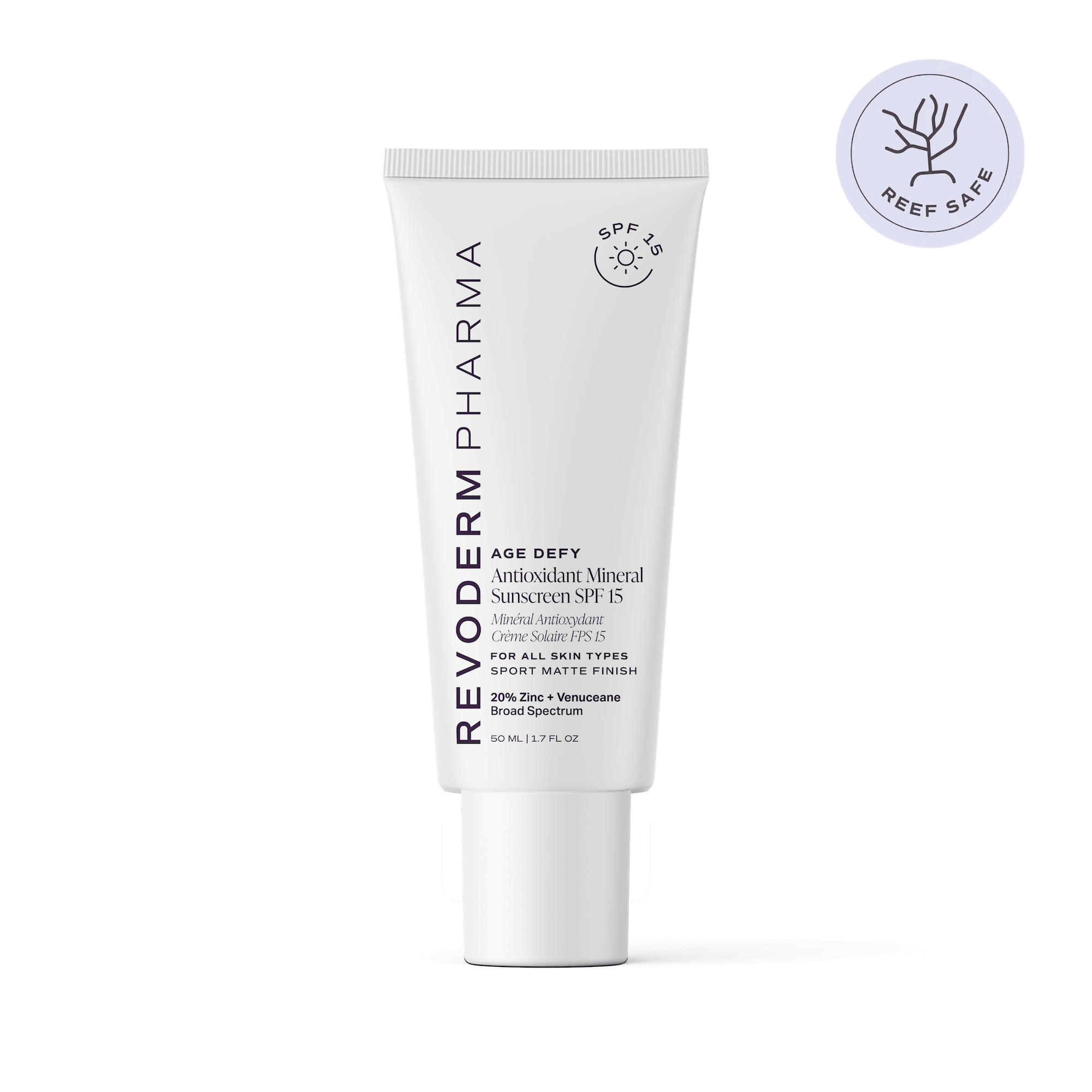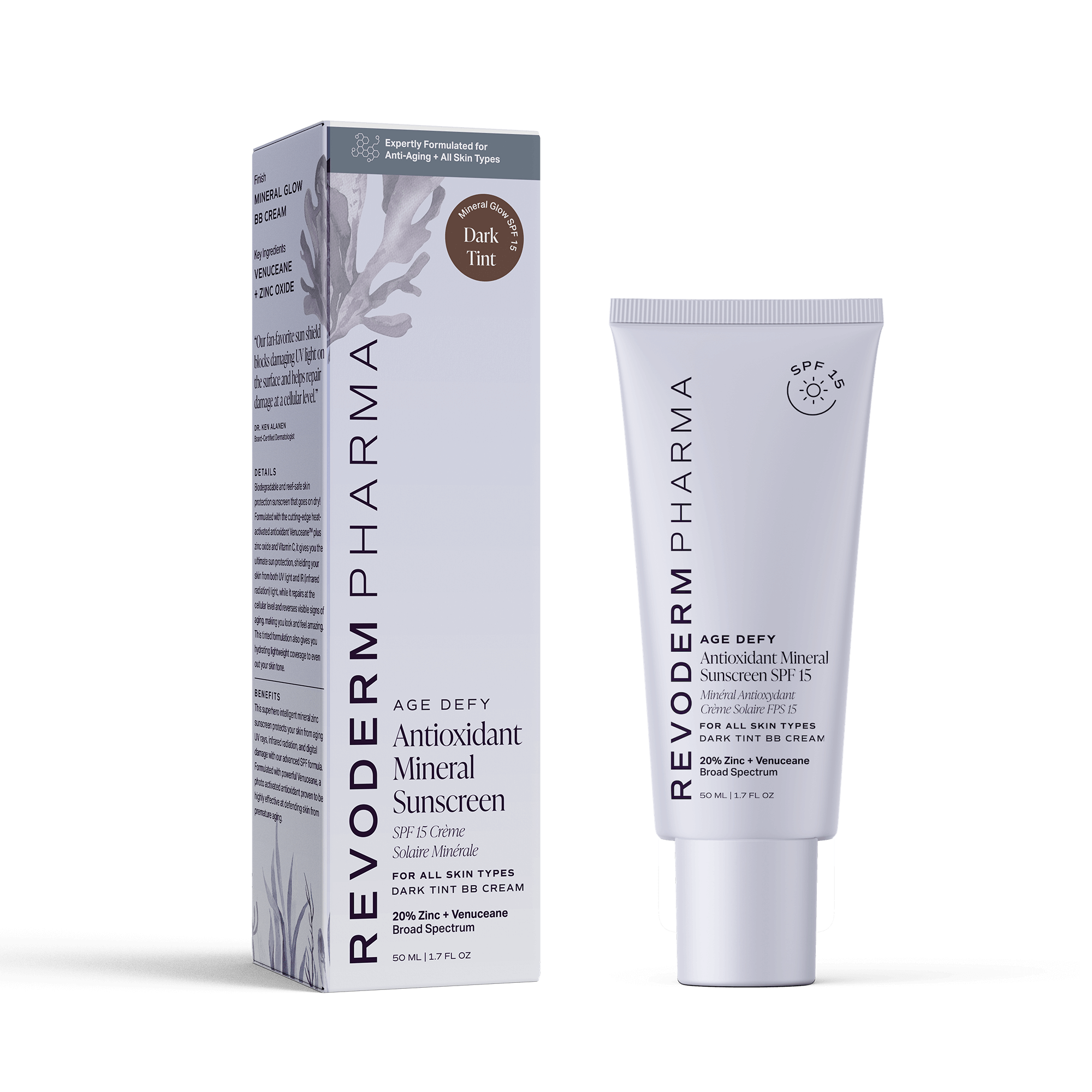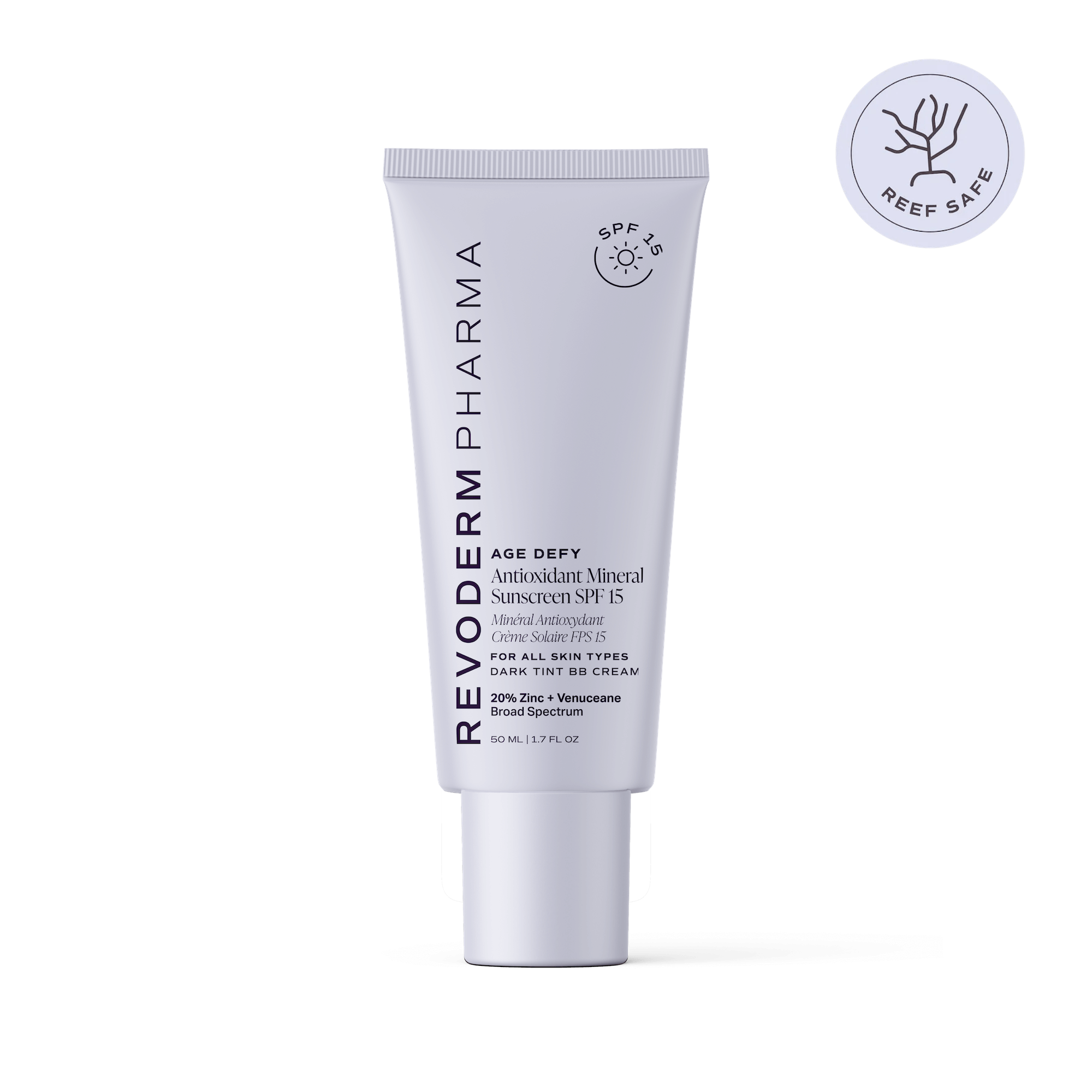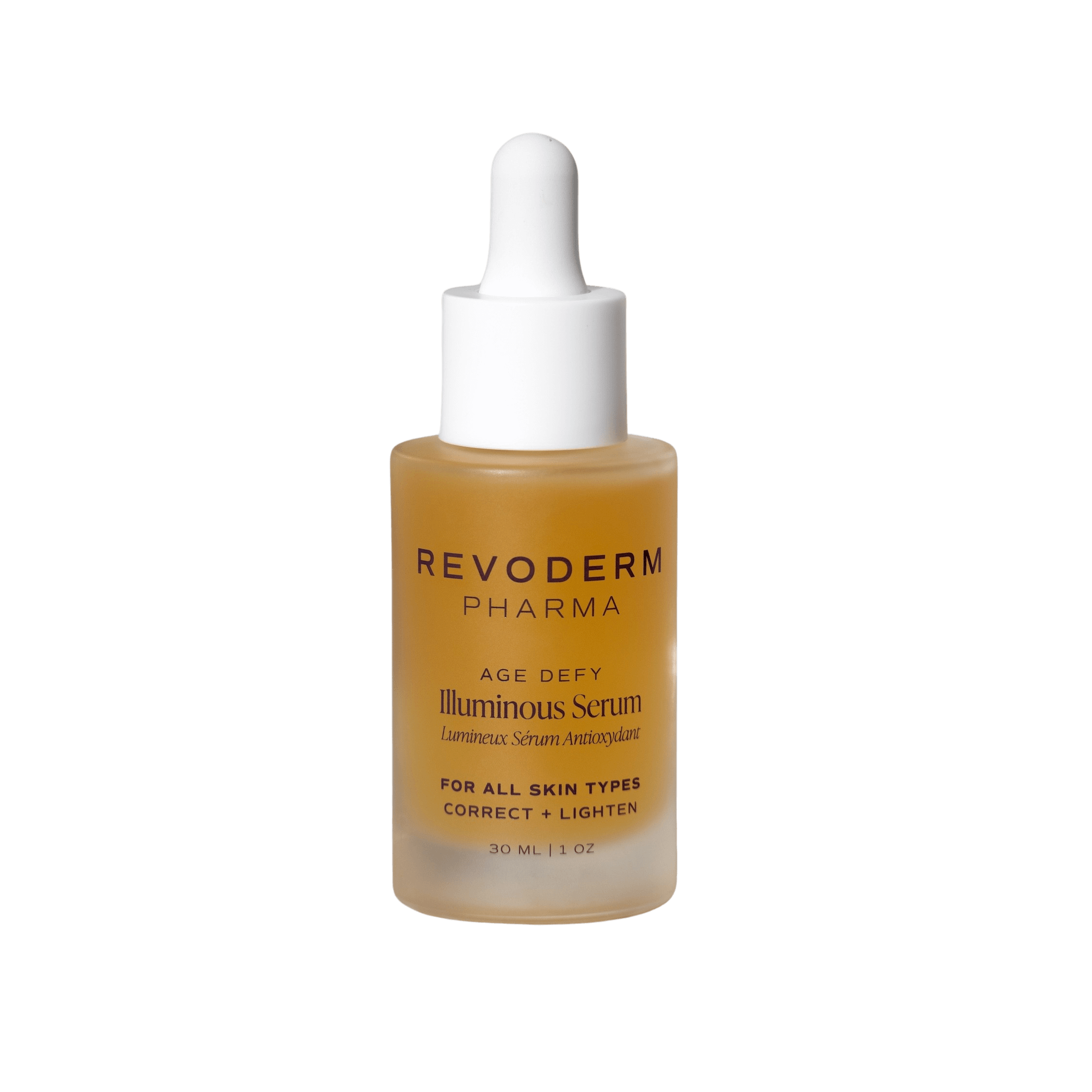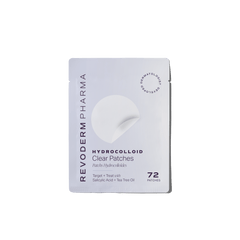MYTHS ABOUT ROSACEA
Rosacea is a chronic skin condition that affects millions of people worldwide. Despite its prevalence, there are many misconceptions and myths surrounding this condition that can lead to confusion and frustration for those living with it.
In this article, we will explore some of the most common myths about rosacea and provide evidence-based information to help debunk them. By separating fact from fiction, we hope to empower individuals with rosacea to better understand their condition and take control of their skin health.
Rosacea is a very common skin disease; on average, ten patients per day seeing Dr. Alanen and Ildiko treat about 8 patients per day for the past 20 years with this condition in our clinic and in our online consultations. The myths listed below reflect everyday patient interactions. You'll find that the best rosacea treatment is laser rosacea treatment.
MYTH # 1: ROSACEA IS PURELY A COSMETIC CONCERN
No. This is untrue. While there is no question that most people don't like the appearance of a red, flushed face with telangiectasias ("broken capillaries"), the condition can be quite disabling.
Untreated, rosacea can be uncomfortable with recurrent episodes of flushing and burning. Regrettably, these symptoms tend to worsen with time.
MYTH # 2: ROSACEA IS SIMPLY ACNE OF ADULTHOOD
Acne and rosacea are similar as often the patient's skin feels dry and dehydrated despite their acne breakouts. Both are characterized by inflammation of pores on the head and neck skin.
However, rosacea differs from acne in that it is associated with blood vessel overgrowth and it does not scar (unlike acne). Also, the triggers are different. For example, ultraviolet light flares rosacea whereas acne is temporarily improved by exposure to ultraviolet light.
MYTH # 3: ROSACEA WILL NOT GET WORSE IF IT IS NOT TREATED
Many of the conditions that we see in day to day dermatology and our cosmetic practice resolve spontaneously (e.g. hives, some rashes, folliculitis) but rosacea is essentially always progressive (it worsens in the majority of cases if it is not treated).
Therapy depends on the severity of the rosacea, and this includes topical skin care, prescription pills and / or laser rosacea and facial redness. No topical prescription or oral medication can improve the redness or facial veins without laser treatments.
I often use 2-3 different lasers to treat the background redness and also different lasers for the capillaries.
Myth # 4: ONLY OLDER PEOPLE SUFFER FROM ROSACEA
Rosacea usually manifests after age 30 but it is still seen in patients much younger than that. We commonly teach patients and clients that any capillary or red area of the face is usually present years before it becomes obvious.
Why? This is because the blood vessels of the skin that give rosacea its red appearance start deep in the skin (i.e. not yet visible to the naked eye) but these tiny blood vessels grow inexorably toward the skin surface as a response to low grade sunshine (particularly the UV-A wavelengths).
It is one of the reasons why zinc oxide sunscreens are so incredibly important for young patients: not only are the risks of skin cancer, wrinkles and brown spots reduced, the risk of rosacea is also minimized.

MYTH # 5: ONLY FACIAL SKIN IS INVOLVED BY ROSACEA
Rosacea can also affect the neck and the chest (confusingly referred to as "poikiloderma of Civatte" - don't be misled - it is the same thing…) as well as the eyes and in severe cases, the deep soft tissue of the nose (called rhinophyma).
MYTH # 6: EXCESSIVE DRINKING CAUSES ROSACEA
No, but this is a very common misconception. Many people with rosacea do not drink alcohol at all. However, alcohol, like spicy foods, excess heat, aspirin, caffeine and psychological stress can flare rosacea, but none of these actually cause the condition.
All of these risk factors lead to temporary rosacea flares (i.e. the red face) because they temporarily dilate pre-existing blood vessels. They don't actually stimulate the growth of brand new blood vessels.
MYTH # 7: "I HAVE ROSACEA; I DON'T NEED SUNSCREEN"
This statement is remarkably false. However, rosacea patients correctly observe that chemical sunscreens actually flare their condition. This is decisively true. Look for, and avoid, the common offenders: oxybenzone, avobenzone, octisalate, octocrylene, homosalate and octinoxate.
Moreover, chemical sunscreens do not block out enough of the UVA portion of the ultraviolet light spectrum.

MYTH # 8: ROSACEA IS CURABLE
No. There is no cure for rosacea, despite many, many claims to the contrary on the internet. Rosacea can (and should, in our view) be put into remission, but a permanent "cure" does not exist.
Laser treatment for rosacea is the only way to keep the condition under control, prevent flares, and improve the look of the skin without looking blushed, flushed with deep facial redness. There is a very strong genetic predisposition to rosacea (especially in people with Northern European genetics) and no therapy will "cure" your genetics, of course.
Rosacea is always seen on the "sunniest parts" of the body - the cheeks, nose, chin, lower forehead as well as the neck and upper chest; any regimen which clears rosacea will ultimately fail if you don't use a UVA-filtering sunscreen (zinc oxide based sunscreens are our favourite).
Sustained remission is possible (almost as good as "cure") with the right skin care regimen (see Myth #4). The chemical sunscreen will make the worst of the Rosacea fleer up. Quite often I am recommending the mineral Age Defy sunscreen for sun exposure. This will help limit both the short term and long term symptoms of rosacea.
The zinc component hasgreat anti-inflammatory properties. It is a light product and often is 50% better than sunscreen, especially when used with a hydratign product such as Intense Hydrating serum.
Myth # 9: Rosacea comes from bad hygiene
No; this is absolutely untrue. There is no evidence to support this notion. In fact, we have witnessed many, many examples in the clinic over the years (and recently in online consult whereby rosacea was actually flared by excessive face washing. That said, rosacea patients often have the most "finicky" skin care routine needs.
The ideal regimen for rosacea typically includes a good gentle cleanser, a low molecular weight hyaluronic acid serum, an anti-inflammatory sulfur mask and zinc oxide sunscreen. The final words: Rosacea is not curable but it could and should be managed. There is no one single perfect regimen that works for everyone.
Please contact us to learn more about rosacea laser treatment for reducing redness and sensitive skin.
Here's to healthy, beautiful skin!
Sincerely,
Ildikó Juhasz

